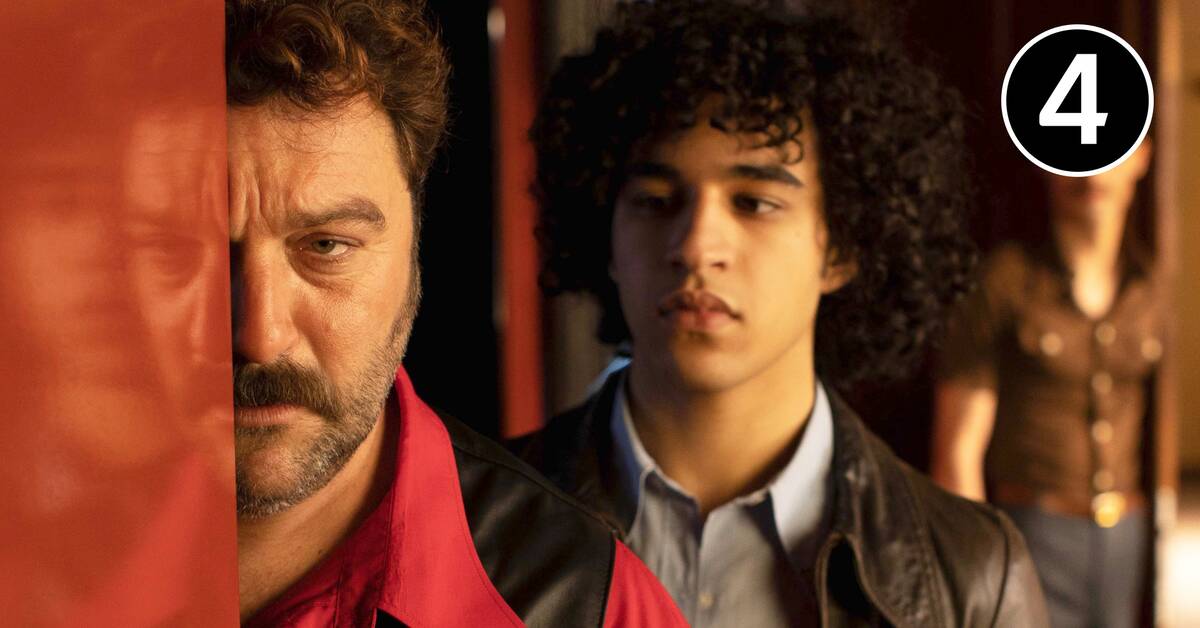The legendary
film and theater maker Rainer Werner Fassbinder was one of the main figures in the so-called New German film (cousin of the slightly older French New Wave) which was the most progressive in 1970s film Europe.
He is perhaps best known for his epic series "Berlin Alexanderpaltz", but "The Bitter Tears of Petra von Kant" is not far behind in terms of cinematic notoriety.
From the beginning a play, which almost became a chamber drama on the screen, where the title character's home was the scene of a complicated web of tricky relationships, sex and countless emotional outbursts.
An intellectual bedchamber farce, if you will, where the focus is on the titular fashion designer and her relationship to mother, child, mistress and assistant.
Possibly an autobiographical drama in which Fassbinder cast a woman in the role of himself.
Now
the French favorite François Ozon dares to carry out a cinematic gender correction that, so to speak, places Fassbinder at the center of his own work.
Kind of genius, actually.
Here, it is not about a fashion designer but about a successful director in 70s Cologne, admittedly named Peter von Kant, but both appearance and circumstances undoubtedly point out the main character as a Fassbinder replica.
Ozon's film is very close to the original, except that the love triangle consists of three men: Peter himself, the hunky assistant and the young handsome Amir, who when he appears in the apartment makes Peter's jaw drop to the floor as hard as a cartoon Tex Avery dog at the sight of a yummy bone.
Peter von Kant
is an egocentric addict, a "man of culture" used to getting what he wants, who doesn't see who he steps on when he makes his way in business and life.
And at the same time pitiful and possibly – on a good day – pitiful.
But he is not the emotional fix here.
It is instead the assistant, and sometimes the lover, Karl.
Our representative on the canvas.
A walking wound.
Always in the shadows, always ready to serve, always with a disciplined mien, but with painfully expressive eyes.
Extremely well played by Stefan Crepon, who brings out a universe of conflicting emotions - without uttering a word throughout the film.
It's refreshing
to see a remake that isn't made for financial reasons, where the inspiration comes from creativity not greed.
At the same time, it is obviously a crazy game of chance.
The German Fassbinder company apparently drew their guns when word got out that French Francois was going to take on their König but they can holster them again.
Ozon is appropriately respectful of the material but at the same time is not shy, takes the turns, both with the aesthetics and the characters.
Okay, he doesn't reach the same dramatic density as the original but still created a successful piece of fanfiction.
German acting icon Hanna Schygulla, who played the mistress in the original, appears as the director's mother.
Which of course can also be seen as a kind of reassuring quality mark.

